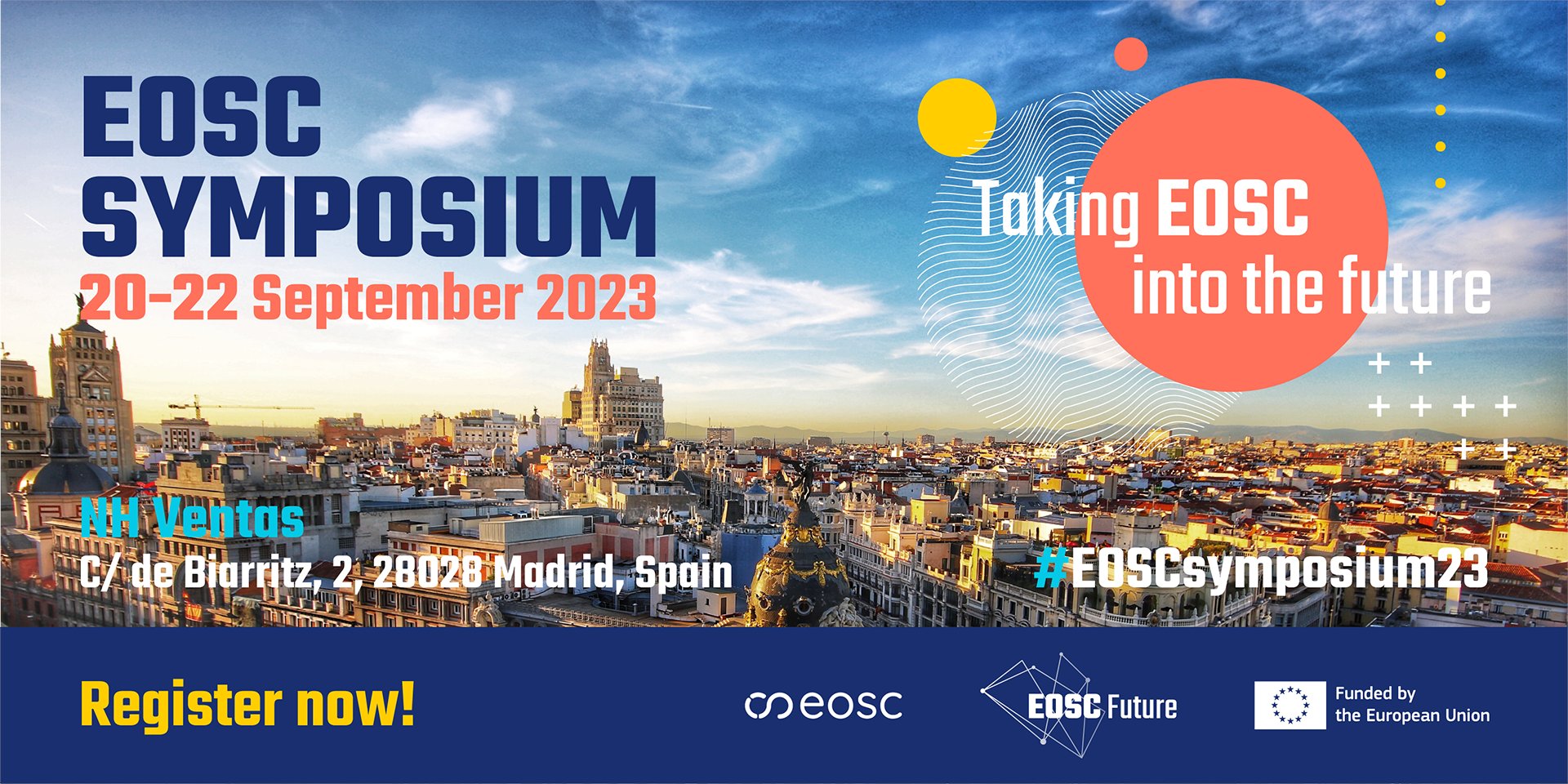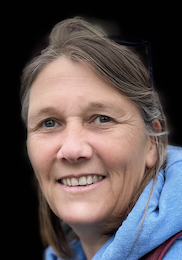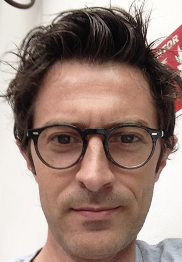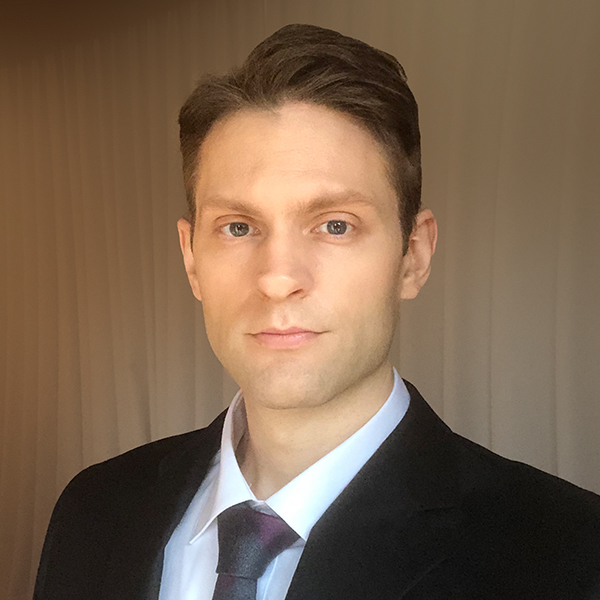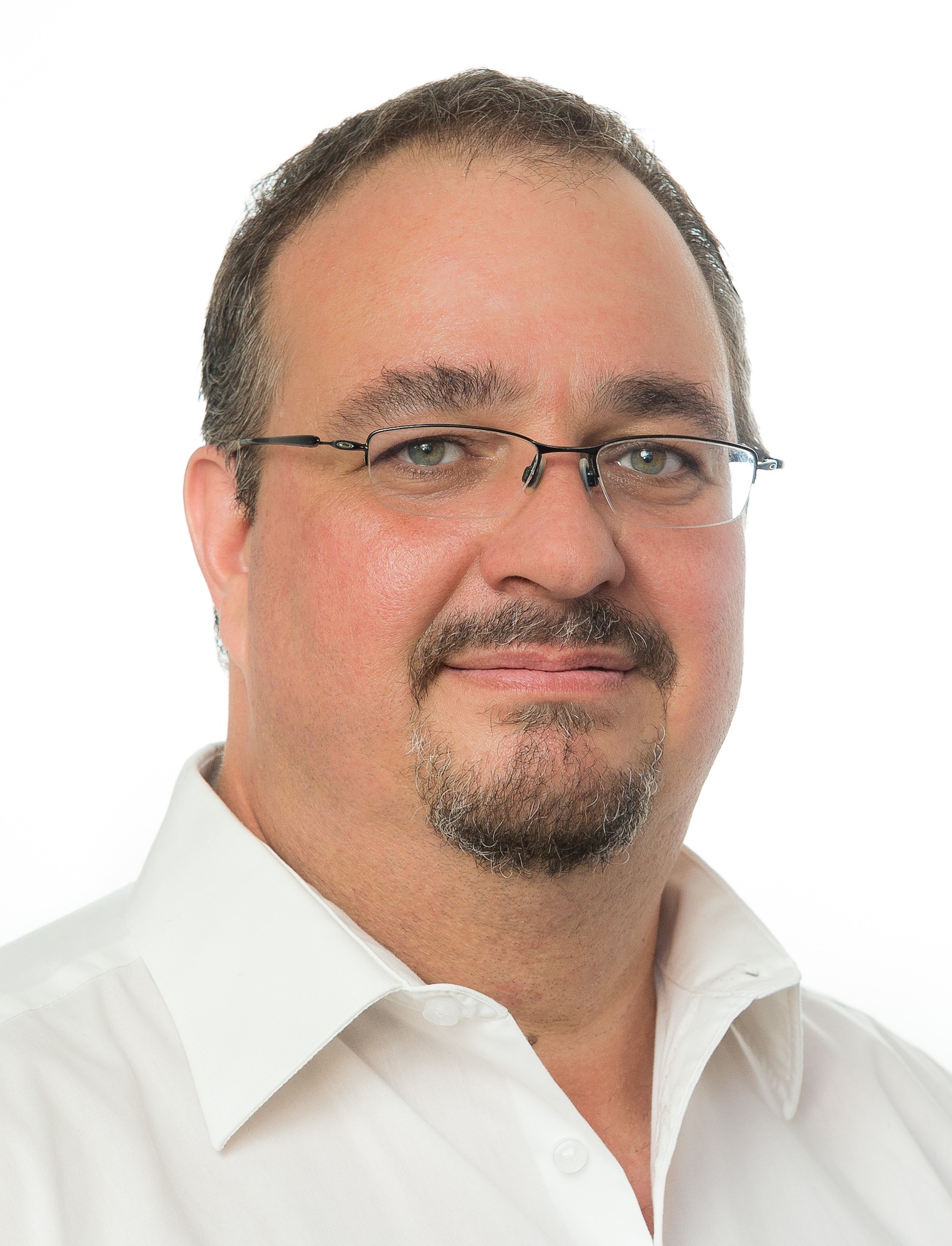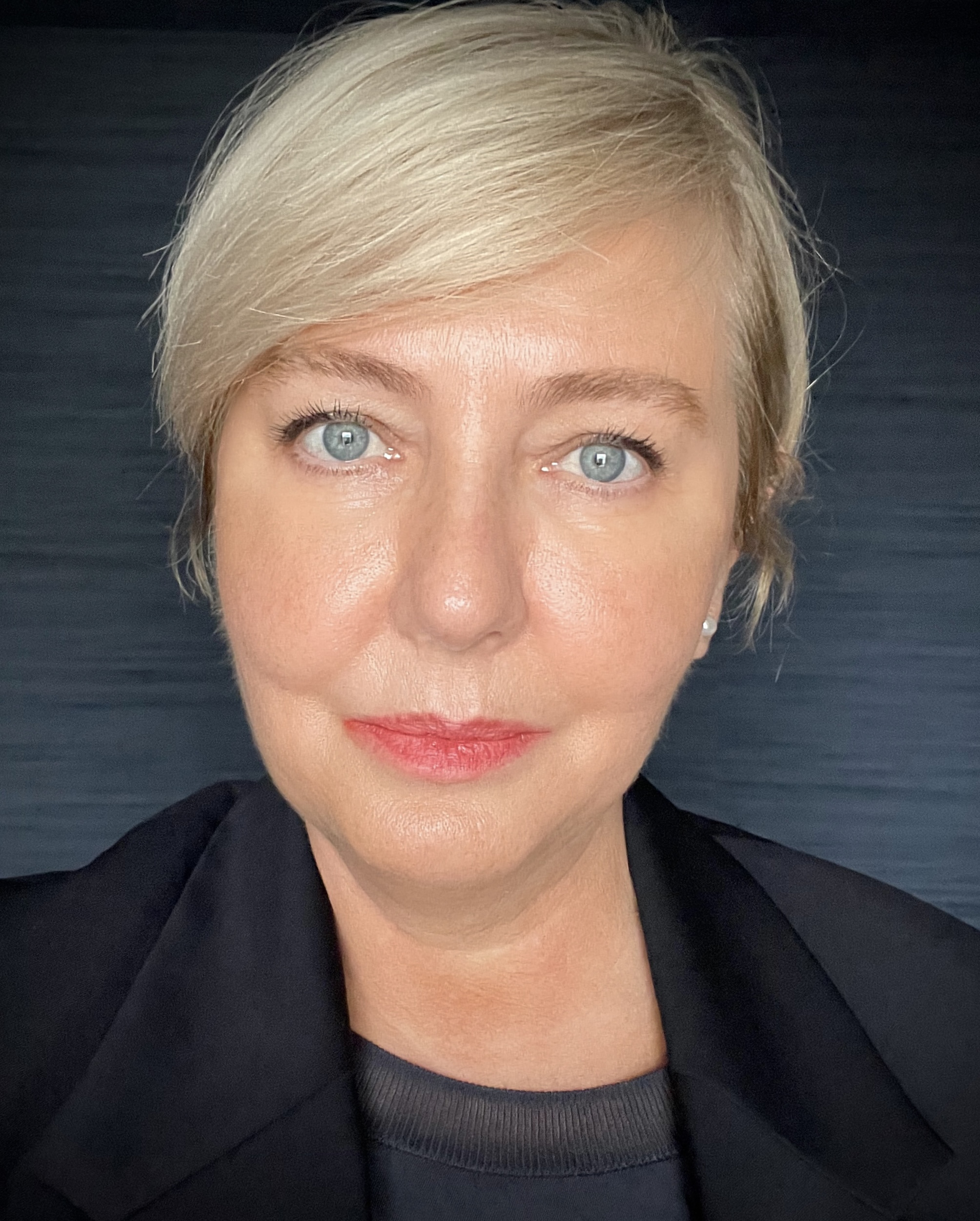EOSC Symposium 2023
ONE EVENT,
MANY DIFFERENT EOSC STAKEHOLDERS
From 20-22 September 2023, the EOSC Symposium will take place in Madrid, in the context of the Spanish Presidency of the Council of the European Union.
This year’s event will be fully hybrid, facilitating broader exchanges between stakeholders from ministries, policy makers, research organisations, service providers, research infrastructures and research communities driving the development of – and engagement with – the European Open Science Cloud. In the context of the EOSC Future project, the EOSC Symposium will also be a critical platform to showcase project achievements and key exploitable results.
Under the heading ‘Taking EOSC into the future’, the Symposium will take on pressing topics and more around EOSC’s sustainability:
- EOSC after 2027
- Governance and guidelines
- Impact on the European Data and Infrastructure
ecosystem - …and more!
If you plan on attending in person, don't wait to register as places are limited. For more information on registration, associated fees and logistics, visit the EOSC Symposium website.
FAIR-EASE at the EOSC Symposium 2023
Semantic interoperability for data and metadata
Thursday 21st September 2023 - 10.30am - 11.30am
Room: Barcelona
This session will address some of the critical challenges to achieving semantic interoperability by showcasing a selection of solutions for encoding research information as data, metadata and semantic artefacts to realise the promise of the FAIR Principles—that is, machine-actionable, Findable, Accessible, Interoperable, and Reusable data and services. The session gathers speakers from different communities to jointly illustrate the state-of-the-art for semantic interoperability in EOSC initiatives and the wider research community.
The session aims to describe some of the most promising solutions to technical and non-technical aspects with regards to work on semantic interoperability while highlighting challenges and opportunities for future collaborations. It also aims to illustrate the semantic interoperability aspects of FAIR digital object metadata. The target audience is research stakeholders who are involved in cultivating or operationalising standards, tools, processes and people to enable interoperability within and between research data infrastructures. And participants will be encouraged to share information about relevant initiatives, emerging resources and invitations to join upcoming activities.
Interoperability is at the heart of the FAIR principles and achieving interoperability at the semantic level is to ensure that the intended meaning of data and information is preserved and understood throughout exchanges across tools, workflows and data infrastructures—in other words ‘What is sent is what is understood’. In 2021, the EOSC Executive Board Working Groups FAIR and Architecture published a set of recommendations and principles to guide the creation of the EOSC Interoperability Framework, organised into 4 layers of interoperability, where the Semantic interoperability Layer combines a machine-based view with the human aspects of aligning concepts in exchanges of relevance to EOSC. The presentations of this session will illustrate and expand on some of the concepts introduced in the report. Notably, a semantic artefact can be loosely described as representing a conceptualisation in a way that it can be exchanged and used by people and software tools to encode and decode information as data in a predictable way.
Agenda
Chaired by Christelle Pierkot (Data Terra RI) and Alessandro Rizzo (French Institute on Research for Sustainable Development)
| Time | Topic | Speaker |
| 10:30-10:38 | Opening and introduction to the session | Wolmar Nyberg Åkerström Uppsala University and the National Bioinformatics Infrastructure Sweden (NBIS) / ELIXIR Sweden |
| 10:38-10:46 | Semantic artefacts and their representations | Yann Le Franc e‐Science Data Factory S.A.S.U. |
| 10:46-10:54 | Catalogues of semantic artefacts and their governance | Susanna-Assunta Sansone University of Oxford |
| 10:54-11:02 | Mappings, crosswalks and alignment | Daan Broeder CLARIN |
| 11:02-11:10 | Implementation examples | Alexandra Kokkinaki British Oceanographic Data Centre (BODC) |
| 11:10-11:30 | Q&A and Panel discussion: Opportunities to promote and converge on best practices | Panel with speakers and organisers |
Speakers
